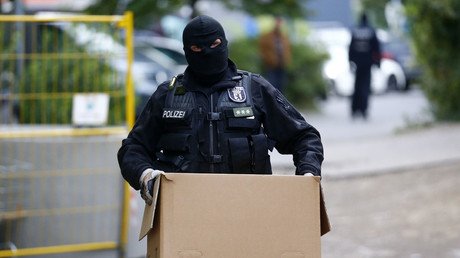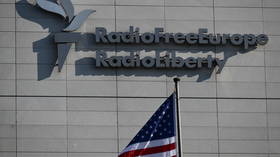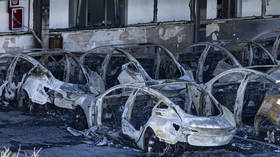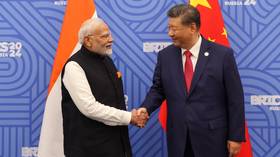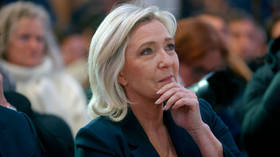‘We have to know what happens there’: German govt wants to watch mosques & imams
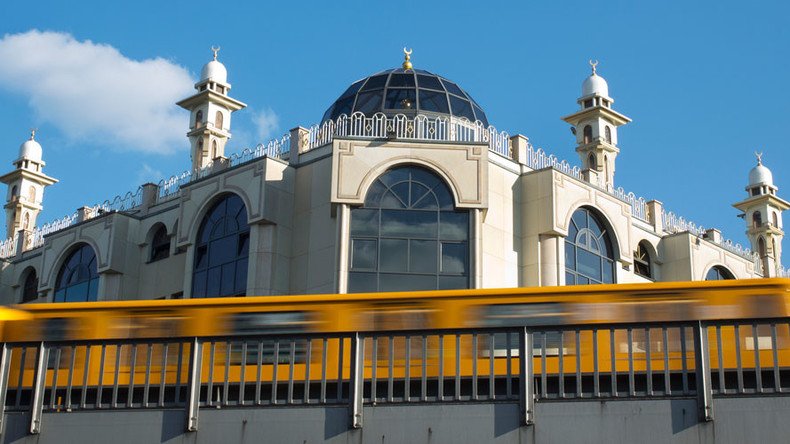
Mosques and Islamic communities across Germany should be monitored to know “what is preached there” and prevent incoming refugees from radicalization, a senior German law enforcement official said in an interview.
The German government still lacks adequate knowledge on “what is happening” in mosques all across the country, Emily Haber, the state secretary at the German Ministry of the Interior, told Frankfurter Allgemeine Zeitung on Friday. “We must know what is preached there. We cannot stay indifferent.”
There is a risk that young, predominantly male refugees will radicalize in Germany, whereas Muslim communities and mosques serve as reference point for many newcomers, she added. Mosques should be “especially highlighted,” as Germany has seen a rapid immigration increase over the past years.
"We need to bring into view more on what is developing there. We need to move fast,” Haber stressed. “It must also be clear who and from what country comes to Germany as Imam. This scene must not remain unwatched and uncontrolled."
Haber has also criticized “gaps and shortcomings” in security cooperation between European countries, specifically mentioning France, the Netherlands and Belgium. Intelligence data should be shared “under similar criteria” and potential perpetrators have to be tackled “in a comparable way.”
The top official emphasized, however, that “quite a large group” among more than 8,000 Salafists in Germany rejects violence. Failure to distinguish between this group and the proponents of violence could lead to a growing “solidarity within Salafist structures,” Haber added.
Successful integration of the Muslim community is a hot topic in Germany, and will likely remain so in future. Many supporters of far-right groups stir up simplistic stereotypes, saying that Islam is not part of German society, and drawing no distinction between radical Islamism and moderate teachings.
Ruling parties, in turn, suggest that German Muslims cultivate their own sort of Islam that could absorb Germany’s “core values” and abide by the idea of secular state.
In April, Andreas Scheuer, General Secretary of the Christian Social Union (CSU) – the Bavarian sister party of Angela Merkel’s governing CDU – said in an interview with Die Welt that all services in local mosques should be conducted exclusively in German and imams be trained in Germany.
However, Volker Kauder, CDU member and head of the conservatives' parliamentary group in the Bundestag, called this initiative a “spurious” argument.
“For Italians the Holy Mass is offered in Italian. In the synagogues they pray in Hebrew. This is to be accepted,” Kauder said.
Just as Germany, given its bitter past, bears responsibility to counter neo-Nazi leanings and ensure that it never returns to fascism, so should Muslims stand firm against radicalization and terrorism, Kauder said.
The CDU official referred to the recent presidential election in Austria, where the hard line of the government coalition towards the refugee policy was not necessarily successful in dealing with populists.
“This should be a lesson for us in Germany. We must give balanced responses.”
